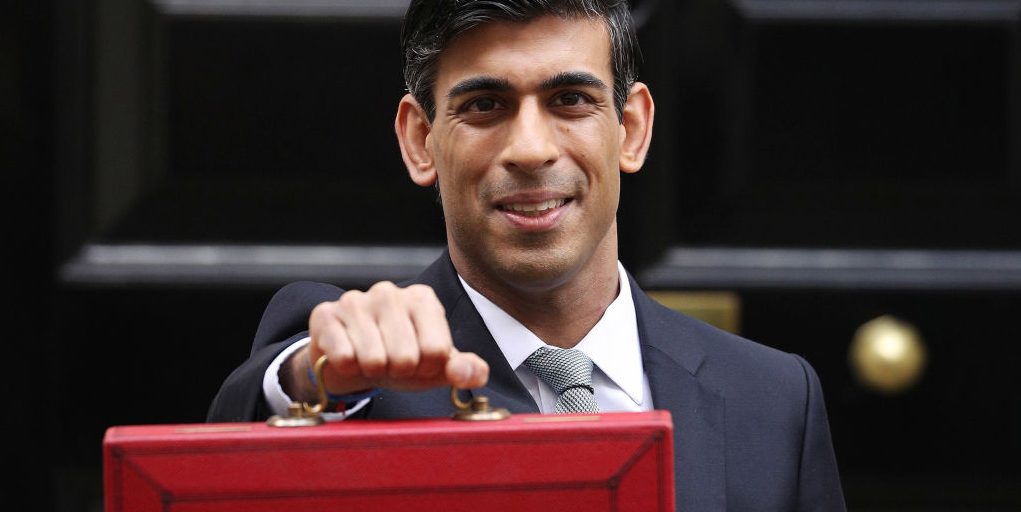Budget pay freeze woe
There’s no doubt public sector workers form the backbone of society and keep the essential services we often take for granted ticking over.
Despite the value they deliver to every single one of us, they’re among the lowest paid workers, as well as the most stressed.
After enduring years of pay freezes under the previous coalition government, Chancellor George Osborne announced in his emergency budget yesterday (July 9) that public sector workers will continue to suffer a one per cent pay freeze for the next four years.
Pay premium myth
Many will point to the so-called “pay premium” that public sector workers enjoy over private sector workers as proof that public sector pay freezes are a justified and fair way to cut back public spending.
But as the New Economics Foundation highlighted, the premium is largely a myth.
Especially at the low end of public sector pay, where more and more workers are finding themselves, even just making ends meet becomes an impossibility without taking on more than one job.
A recent Guardian survey of public sector workers found that 95 per cent work beyond their contracted hours, with 93 per cent reported they felt stress all, some or most of the time.
UNITElive last year spoke to NHS administrative assistants, who earn little more than ÂŁ16,000 a year.
“Staff morale is at an all-time low, I don’t think people realise how hard people work in the NHS and how poorly paid they are and how actually they are treated,” one member noted.
Another admin assistant, who is also a single parent said stress on the job was closely linked to low pay.
“I have recently been down-banded and gone from working full time to part time and now can’t afford to maintain a home,” he said. “It’s very stressful.”
Devastating
In light of the one per cent public sector pay freeze, Osborne’s cosmetic re-branding of the National Minimum Wage to the National Living Wage, in which all workers older than 25 will earn £9 an hour by 2020, reveals itself to be a farce.
For those on the lowest pay bands in the public sector, a one per cent pay freeze would mean that in four years’ time, they will be earning well below £9 an hour. Slapped by a one per cent pay freeze, some local authority workers will earn just £7.20 an hour by 2020 – a rate that’s by all accounts poverty pay even now.
In order for public sector workers to be in line with Osborne’s £9 per hour rate, NHS workers would have to see a 15 per cent pay rise, while local authority workers would need a jaw-dropping 24 per cent rise in their wages.
Unite head of health Barrie Brown said Osborne’s latest pay freeze will be “devastating” to members in the NHS.
“This comes after the coalition government’s two year 0 per cent pay freeze followed by a two year 1 per cent cap on pay increases,” he said.
“This was bad enough but for our members in England we had the health secretary refusing to accept the pay review body’s 1 per cent pay increase recommendation in 2014 which led to the first industrial action by staff in the NHS for 30 years.
“Against this shabby background we have a health service which is struggling to recruit and retain experienced staff with excessive workloads for NHS workers and £1.2bn spent in one year on agency staff,” Brown added.
“Four years of 1 per cent pay increases will damage morale and motivation in the NHS workforce but lucky MPs will not feel this with the 11 per cent pay increase awarded by their pay review body – with no intervention by Osborne.”
Harder kick in the teeth
Unite national officer for local authorities Fiona Farmer highlighted just how badly local government workers have suffered – and why the latest budget will be an even harder kick in the teeth for them.
“Local government workers have lost on average 19 per cent in real take home pay since 2010 as a result of previous pay freezes and below inflation pay settlements,” she said.
“Close to half a million local government workers still earn less than the living wage and 12 per cent are in receipt of in work benefit in the form of tax credits.
“Another four years of pay restraint will only increase the in work poverty in the sector as will the cutbacks in tax credits and benefits,” Farmer added, explaining how the pay freeze will also have knock-on effects for the wider economy.
“Of every £1 earned by local government workers 52p is spent in the local community, in shops, businesses, so paying them less is bad for the local economy and communities.”
 Like
Like Follow
Follow


